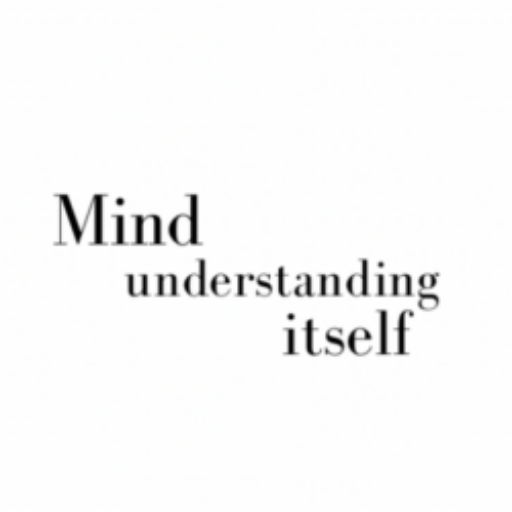I haven’t done enough to deserve to rest…
Many of us are constantly on the go, to the point where we can’t truly rest except when we sleep. Yet, there’s that inner voice saying, “You should be doing more.”
But how helpful is the belief that we must do a lot to earn the right to rest? Let’s take a closer look.
Here is how someone, who thinks “I haven’t done enough to deserve to rest” can use cognitive behavioral therapy (CBT) techniques to challenge this thought.
Is this true?
Evidence that supports this thought:
I still haven’t finished the report I need to prepare.
I haven’t studied for my math exam.
Evidence against the thought:
I took a shower.
I prepared dinner.
I took out the trash.
I slept.
Even if these seem insignificant, I have actually done a lot. So why am I ignoring them?
Who decides how productive I must be to earn rest?
What would I need to do to deserve a break?
If a close friend told me, “I haven’t worked enough today, so I don’t deserve to rest,” what would I say to her?
I would probably tell her that she is being unfair to herself and that if she slept, it means she needed it.
What would be the worst or ideal scenario?
The worst case scenario: Getting nothing done on my to-do list.
The perfect scenario: Completing every item on the list effortlessly in a single day.
But real life is somewhere in between. Most of the time, I get some things done and postpone others. And that’s completely normal.
What does this thought say about my values and desires?
I care about being productive.
I see rest as something that must be earned, rather than a basic need.
How does this thought serve me?
I might believe that it motivates me to do more and helps me stay disciplined.
I might also believe that this thought, along with the accompanying guilt, protects me from being unproductive or even lazy.
What cognitive distortions might this thought contain?
Rigid thinking: I believe I must work hard to deserve rest.
Selective attention: I ignore what I’ve done and focus only on what I haven’t done.
Emotional reasoning: Since I feel guilty, I assume I must have done something wrong.
How do I feel and behave when I believe this thought?
I constantly feel guilty, inadequate, and exhausted.
I push myself to do more, but since I never fully rest, I can’t be as productive as I want.
How can I help myself?
The idea that I must work hard to deserve rest may come from my high standards schema. I might be holding onto this thought because I believe it encourages me to do more. However, it seems this thought makes me feel constantly guilty and inadequate. When I feel guilty, I assume I must have done something wrong and search for proof.
“Here it is I feel guilty because I didn’t study for my exam.” believing this it is even more difficult to get motivated to study.
But rest is not a reward—it’s a basic need.
And expecting the same level of performance from myself every day is unfair.
I don’t know where this belief came from, but I’m glad I’ve recognized it.
Listening to my needs and reevaluating my expectations based on my own values will be beneficial.
I will sometimes feel guilty in this process.
But feeling guilty doesn’t mean I’ve done something wrong.
I can’t control how I feel, but instead of responding to guilt by pushing myself to do more, I can choose to recognize my needs and show myself compassion.
The automatic thought examined here was chosen based on common thoughts people experience. If you would like to share an automatic thought or a maladaptive assumption you would like to work on, feel free to write to me through the contact section or in the comment section below.
See you in the next post!
Aysegul
Here are some more related topics:
How to Challenge Automatic Thoughts in CBT
How to Challenge Maladaptive Assumptions in CBT







